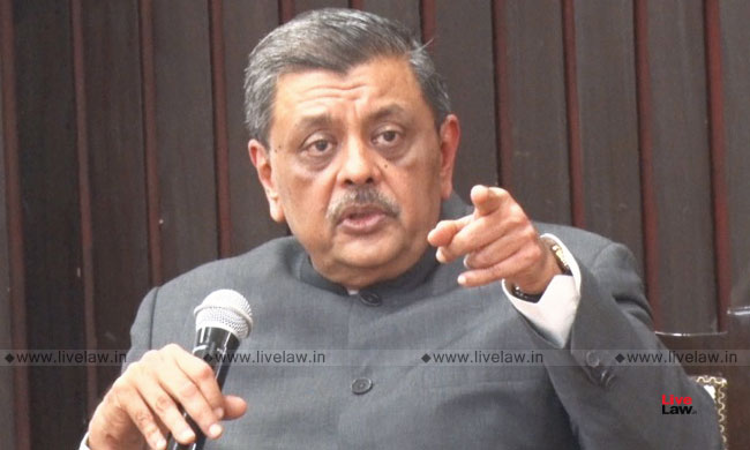"How Long Can We Tell People Your People That Their Case Is Not Important Amid COVID":Justice Gautam Patel
Mehal Jain
29 Jun 2021 10:32 PM IST

"I can't keep putting people on hold, saying 'Sorry, your case is unimportant because it is not urgent'.
Next Story


